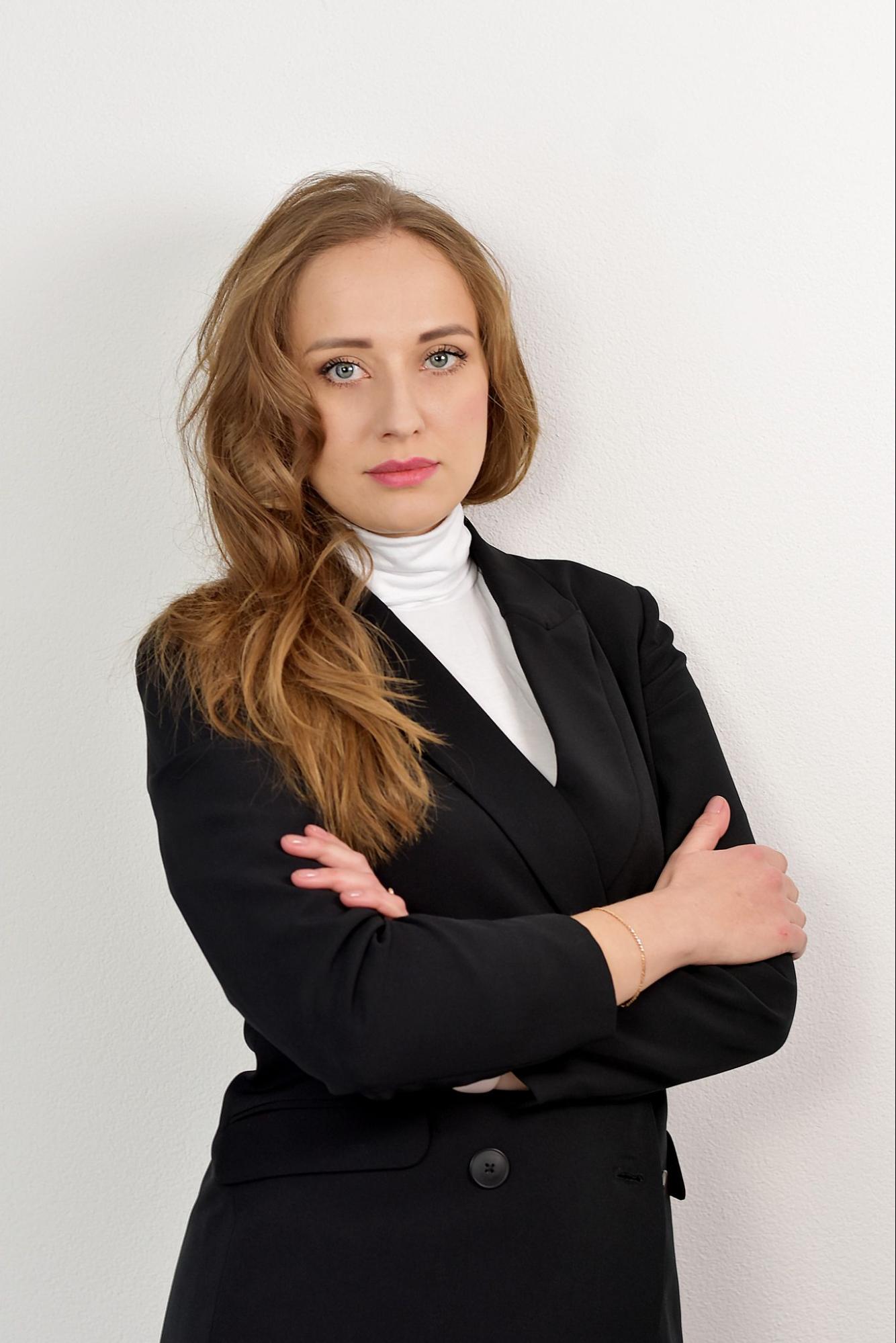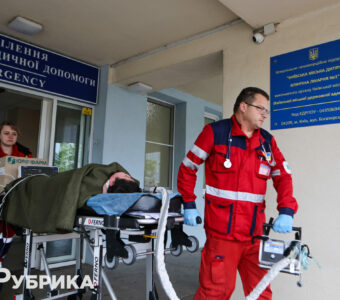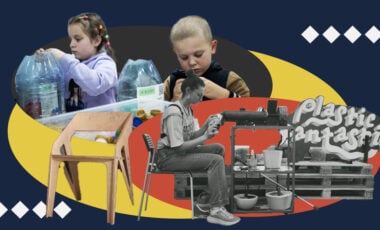Ukrainian school abroad: how to create a safe space for refugees
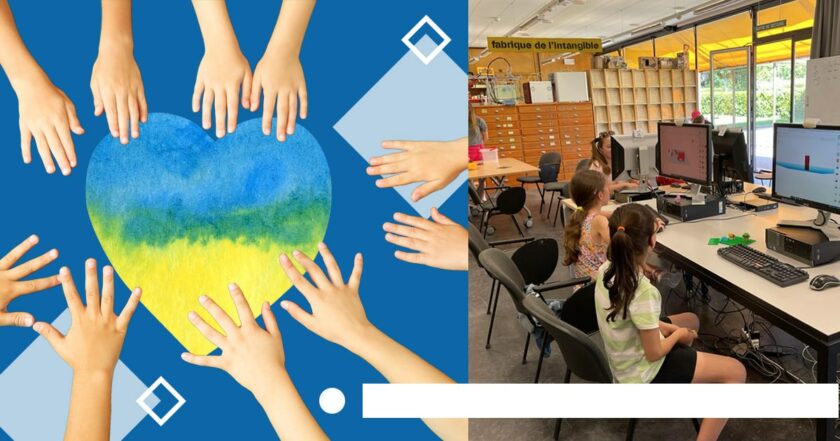
Olena Vynohradova has been living in Geneva for four years. The Ukrainian community here, though small, is very active but hasn't had its school or cultural center. Everything changed after February 24. Many Ukrainians came to Geneva, and the need to establish a school became acute, especially since active russian organizations have begun to "kindly invite" Ukrainian children to extracurricular activities.
How is the Ukrainian-language school in Geneva born? We explain further.
Olena is a human rights lawyer. Since 2014, she has been working on the issue of the population affected in Ukraine's war-torn east. She and her husband moved to Switzerland four years ago. Here she studied for a master's degree and taught Ukrainian to foreigners. This year, the family planned to return home, but the war changed everything.
"When russia's full-scale invasion began on February 24, everyone was shocked and immediately rushed to help in the ways they could. The Swiss couldn't believe it. Everyone here lived with the thought 'Never again!' People couldn't realize that it would happen in Europe.
At first, everyone did everything. It wasn't easy; we duplicated each other's efforts. But over time, the work directions have consolidated: collecting and sending humanitarian aid, supporting the information front, and so on.
In the early days, I organized a rally in Geneva and protested against Nestle working in russia. And then the refugees started coming; people were looking for shelter and protection."
Until February 24, only 850 Ukrainians lived in the entire canton of Geneva. The community is small but relatively active. These are usually highly qualified employees of international organizations and companies. That is people who worked here at the UN, corporations, etc.
What is the problem?
"russian world" in Switzerland
"The thing is that there has never been a Ukrainian school or cultural center, but the russian diaspora is large and rich. There are offices of russian companies and russian consulates in Geneva and Lausanne," says Olena.
There's a government-funded russian secondary school, an extracurricular school, and a kindergarten in Geneva. "The russian language is in full bloom here," adds Olena. It became especially noticeable when the first refugees from Ukraine began to arrive in Switzerland:
"Our women came with children, without men. They are confused and don't know the language or what to do; everything is foreign. And what did russian institutions begin to do? They began to 'heartily' invite Ukrainian children to their centers, and some mothers began to take children to these 'russian houses' for classes.
Then we realized that we needed to create our school, not only for those children who come but also for those who have already been here. The need for a Ukrainian school has been in Geneva for a long time."
What is the solution?
Creating a Ukrainian-speaking space
The decision turned out to be timely, and the local diaspora, which had already united, helped to implement it:
"There is such an organization, Ukrainian Women in Switzerland, headed by Lesia Nikolaieva. The girls have been working to support Ukrainian traditions and culture since 2019. I joined them, and together we launched a Ukrainian Sunday school."
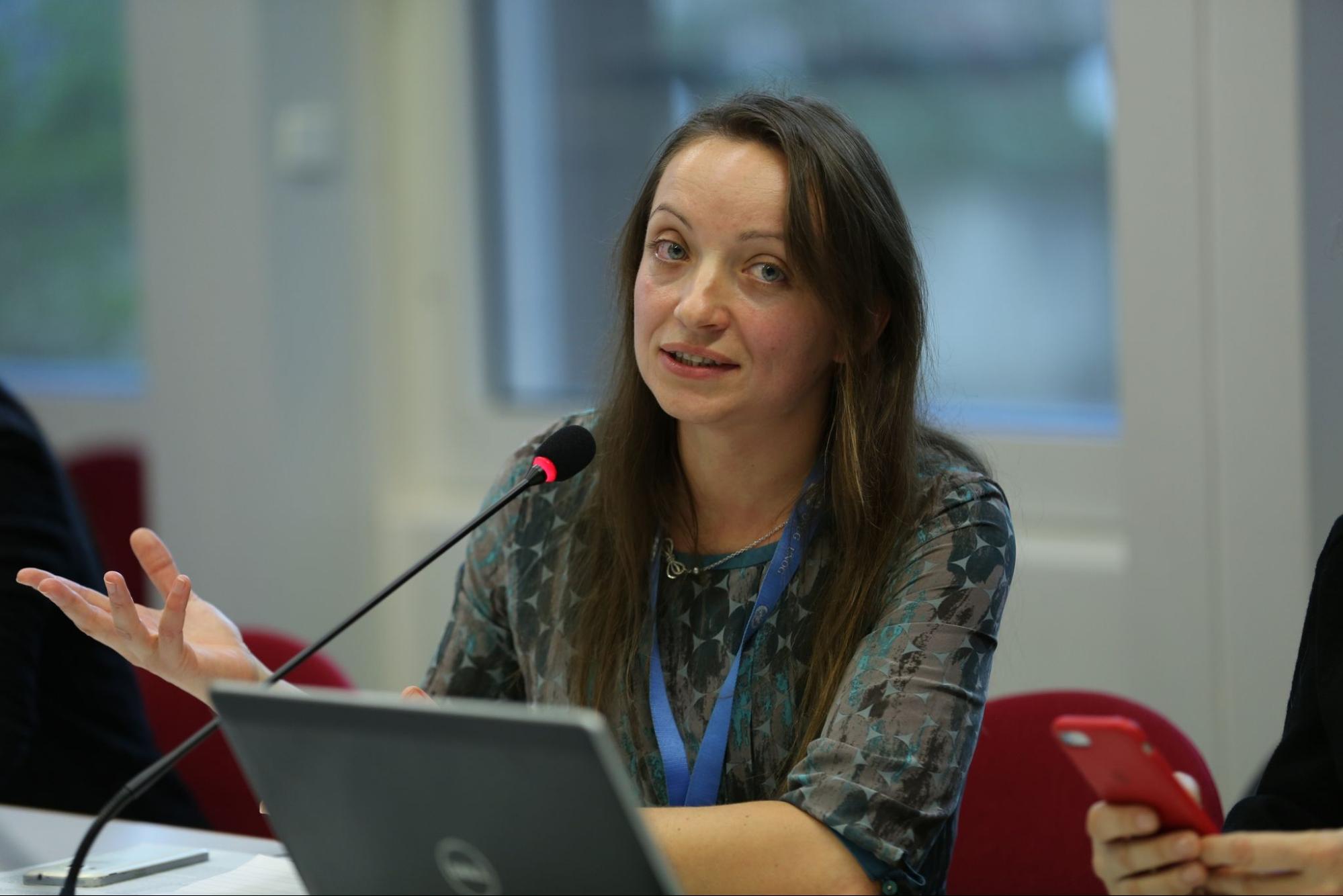
Lesia Nikolaieva
There was no need for a full-fledged school for Ukrainians: in European countries, Ukrainian children are now admitted to local schools with no problems. It happened in Switzerland: secondary education is compulsory for all children, regardless of status.
"We decided there's no need to duplicate the entire school curriculum; they have integration classes here, where they teach French to facilitate their integration and then enter the general curriculum: mathematics, physics, and other subjects.
But the Ukrainian language, Ukrainian literature, history of Ukraine, and Ukrainian culture are what we teach in our school.
We decided to focus on creating a Ukrainian-speaking space where children can speak Ukrainian at least once a week for several hours and keep in touch with Ukraine."
How does it work?
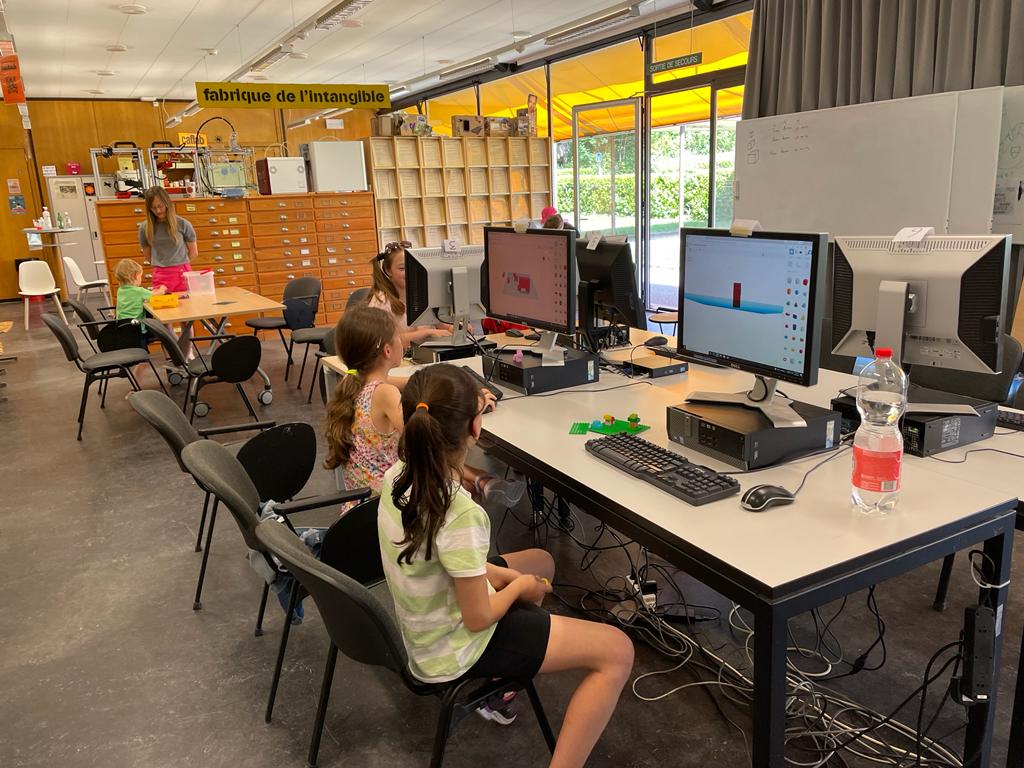
The school is part of the Ukrainian Cultural Center in Geneva, a major project also launched by Ukrainian Women of Switzerland.
Another project of the Ukrainian Cultural Center in Geneva is a series of workshops they hold every Wednesday for Ukrainian children based on the technical workshop of the University of Geneva.
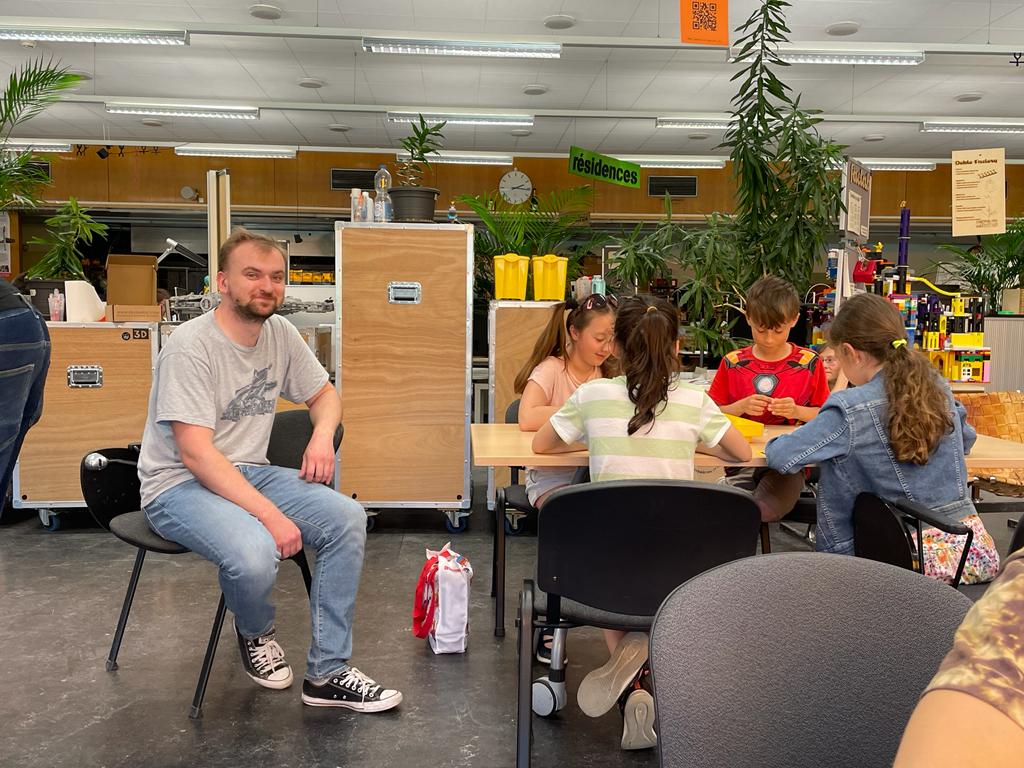
"In these workshops, we alternate technology classes (printing digitized children's drawings on T-shirts, 3D modeling, etc.) with folk art classes (painting eggs for Easter, making braided bracelets, etc.).
It is fascinating and valuable for children to do something with their own hands. It is good therapy, especially for those who have experienced stress."
Does it work?
More than one hundred and twenty children have already registered at the school. Not only children who have just arrived come here but also Ukrainian children who've been living here with their parents for a long time.
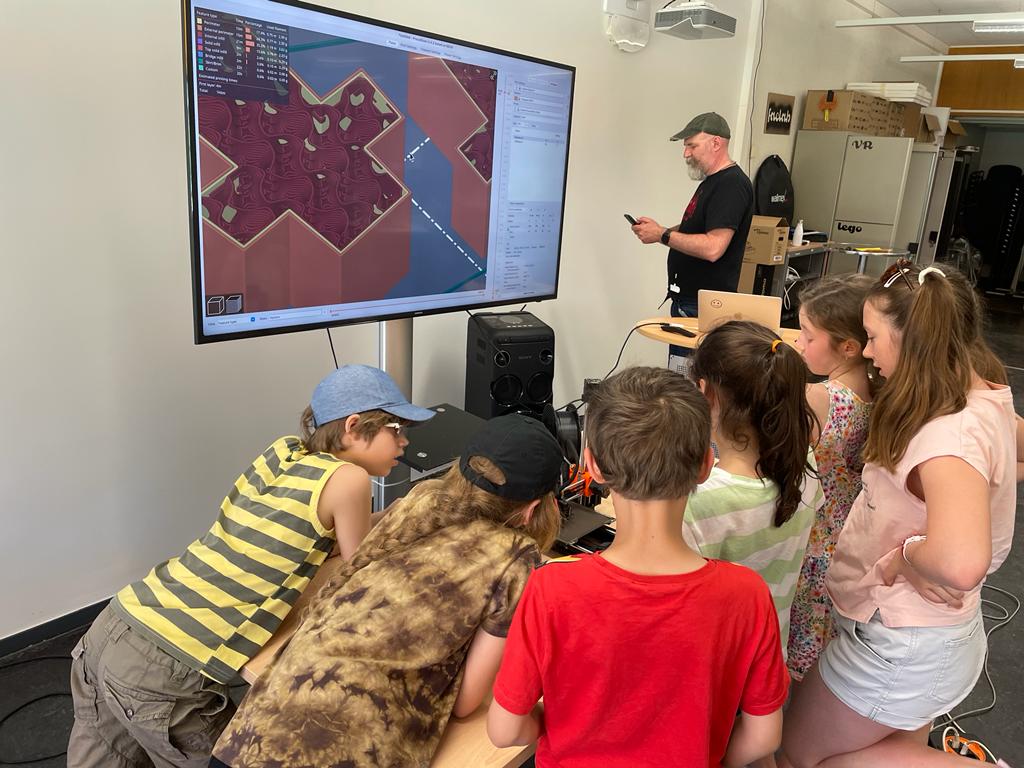
"We have three classes by age groups: junior for 6-7 and a half year-olds, middle for 8-12-year-olds, and senior for 12 and a half to 16-year-old children.
Our teachers are professional educators or experts in their field. For example, a Ukrainian writer whose children's books are published in Ukraine teaches Ukrainian literature to young children. The Permanent Representative of Ukraine to the UN Geneva Branch gave a lecture about the history of the UN and the work of Ukrainian diplomats. We also had a lesson on the anniversary of the Chornobyl tragedy. Today we will learn the history of Ukraine in the Second World War: both about the Nuremberg Trials and how the term 'genocide' came about.
We invite parents to these lectures. They seem to look forward to these lessons more than children.
We also have a small group of preschoolers under the age of six. After all, families go to school, and the youngest ones want to do everything together with their older brothers and sisters. In this group, children sing Ukrainian songs and make some collages and souvenirs for parents in the Ukrainian style."
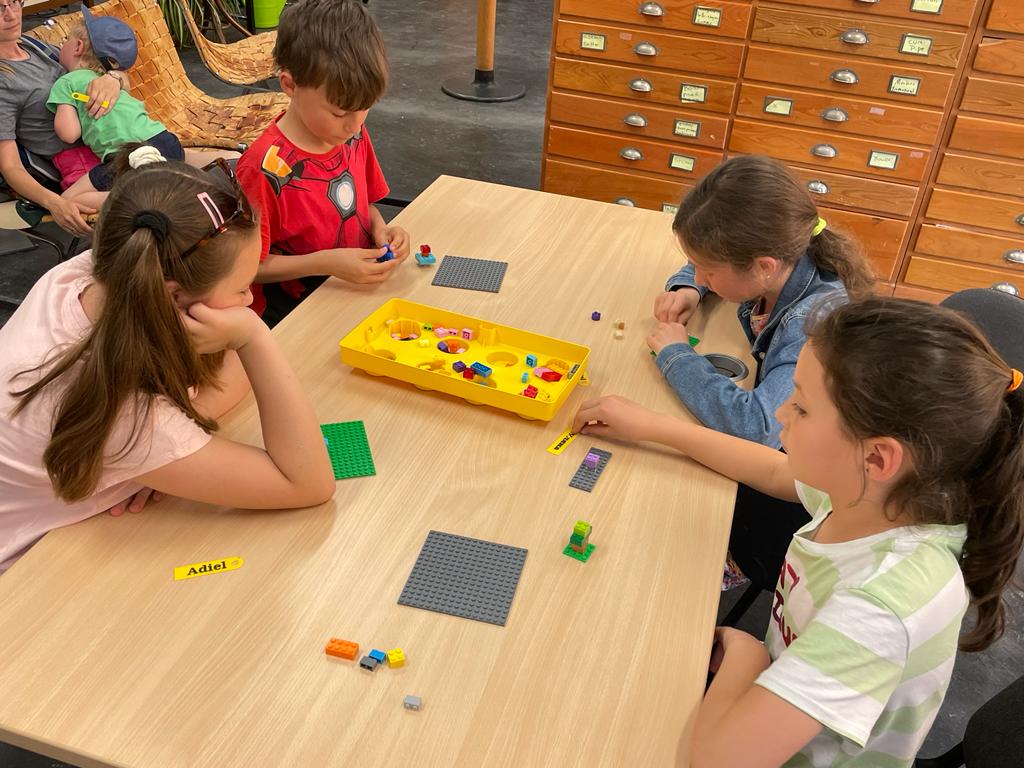
Olena says that Sunday school and workshops are just the beginning. They want to create a cultural and educational hub based on the Ukrainian Cultural Center in Geneva, where they will organize exhibitions, film screenings, and cultural events about Ukraine.
The project turned out to be absolutely on time. After all, it is vital for Ukrainians to have a piece of their home, even abroad.
"When Ukrainians visit russian-speaking spaces abroad, it traumatizes them again. Here I see how people relax because they know for sure that everyone here is their people.
We have many russian-speaking families. Now I notice they are trying to speak Ukrainian. Gradually they realize that it's a living language, that it exists, that it is spoken. Even children who spoke russian in the first lesson are now switching to Ukrainian. And it's so lovely, to be honest."
Even more helpful solutions!
How to organize a school? Practical advice for Ukrainians abroad
At first glance, creating an educational institution is very difficult. Finding premises and teachers, enrolling a group of children, and providing them with content take time, money, and effort.
Olena has one response to this: "Instructions on how to do school abroad are terse: you just do it. You need nothing but desire."
The desire, in this case, is decisive because the organizers could launch the project without financial support.
First, you should find suitable partners—an organization or group of Ukrainians who already work in this country and have a network of contacts and experience. Olena found such an organization.
"Ukrainian Women in Switzerland have been working for several years. They hold various cultural events for and about Ukrainians and have a group of the same name on Facebook with many subscribers. In their group, we posted an ad looking for teachers. Professional teachers who teach in schools and universities in Ukraine responded.
A Ukrainian Greek Catholic priest also helped us with the premises. He does a service every two weeks in Geneva. Through his contacts, he found a large hall next to the chapel.
Therefore, we have no funding. The hall is free; we make all announcements about school enrollments via Facebook. Then people learn about us through the grapevine."
The volunteers also developed the three-month program, but the teachers prepared the educational content. "We also agree on an unpaid basis through acquaintances," adds Olena.
"We have set up a box for donations. Parents, whoever they can, make charitable contributions. We buy some minimal things with the funds and share 99% of these contributions among teachers; it's a minuscule, but still a teacher's reward for the lesson."
Olena says that you need no permits to organize such a school in Switzerland because Sunday school is considered just leisure. Still, she emphasizes: "If it was a professional school, that's another matter."
"To create such a project, find the same Ukrainians as you—people ready to help not in words but deeds. You should understand that it requires systematic work every week. About 20 hours a week to prepare for one Sunday class.
Next year we plan to build a school with the support of local authorities. Therefore, we will already have specific requirements. There are only two of them. All teachers must be professional, and children must study according to textbooks approved in Ukraine."



